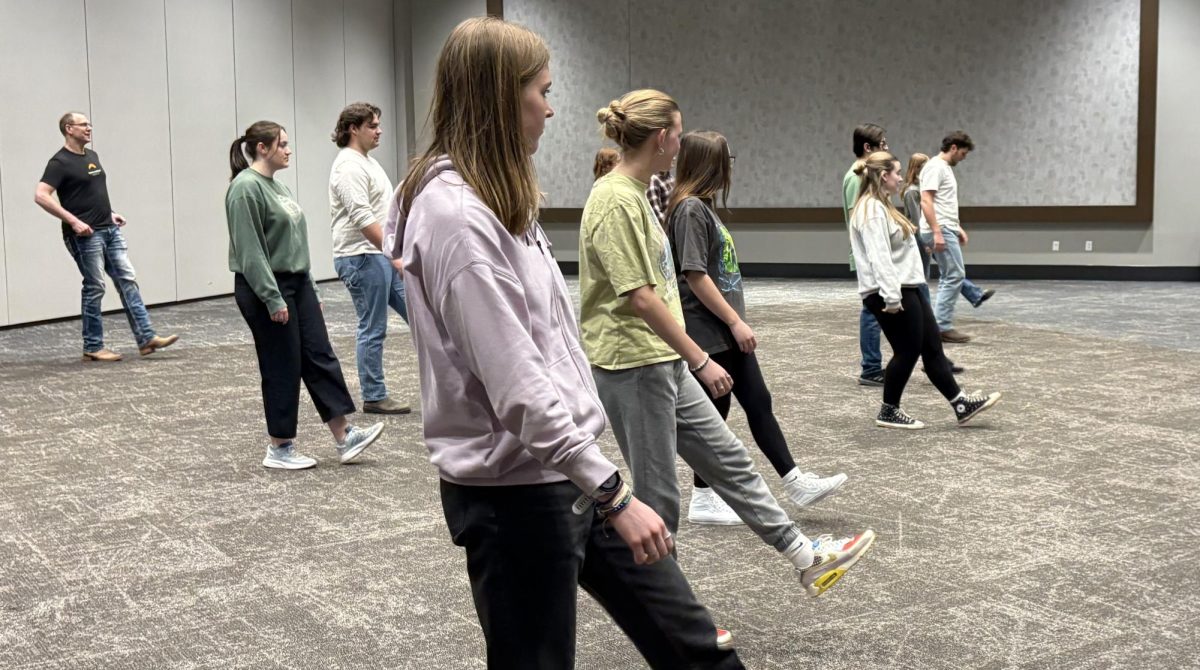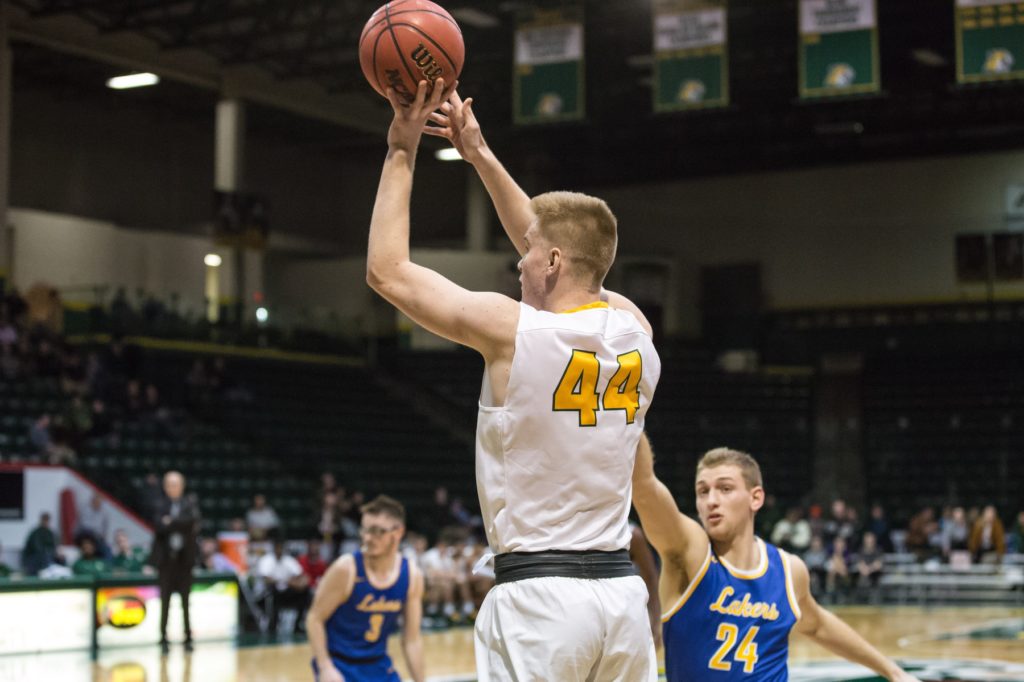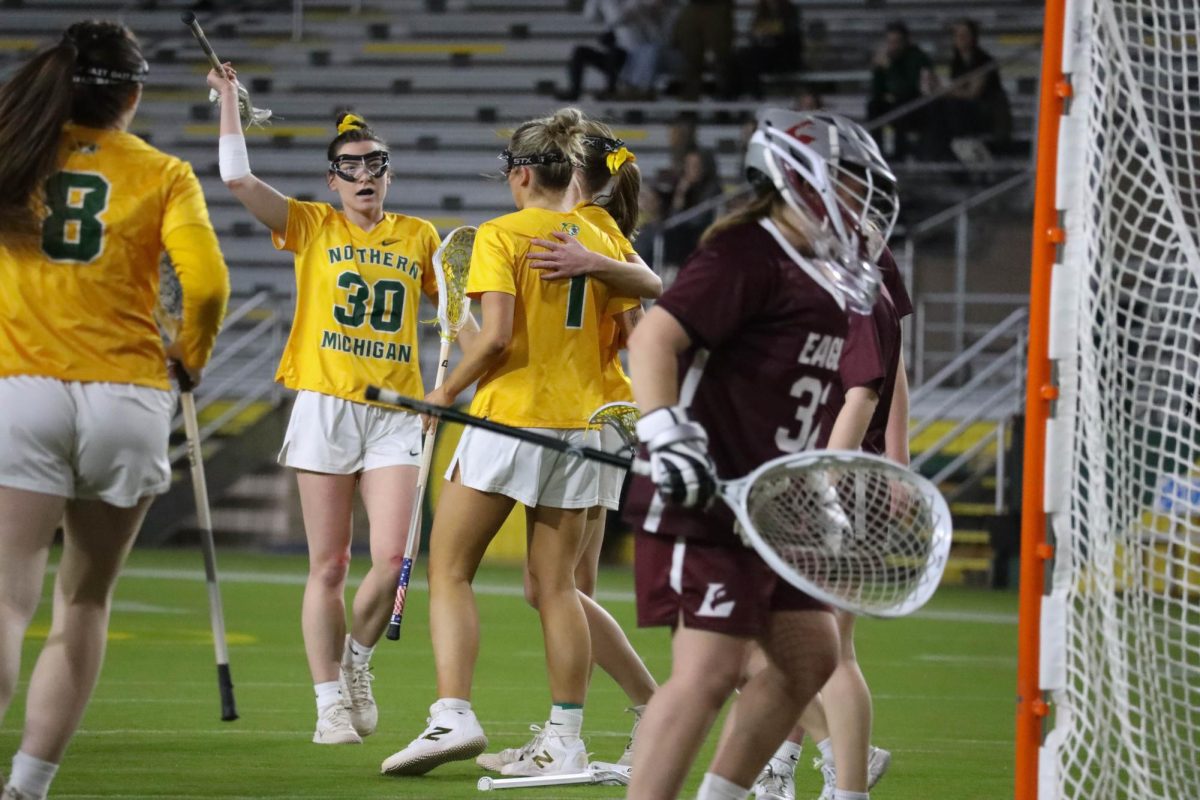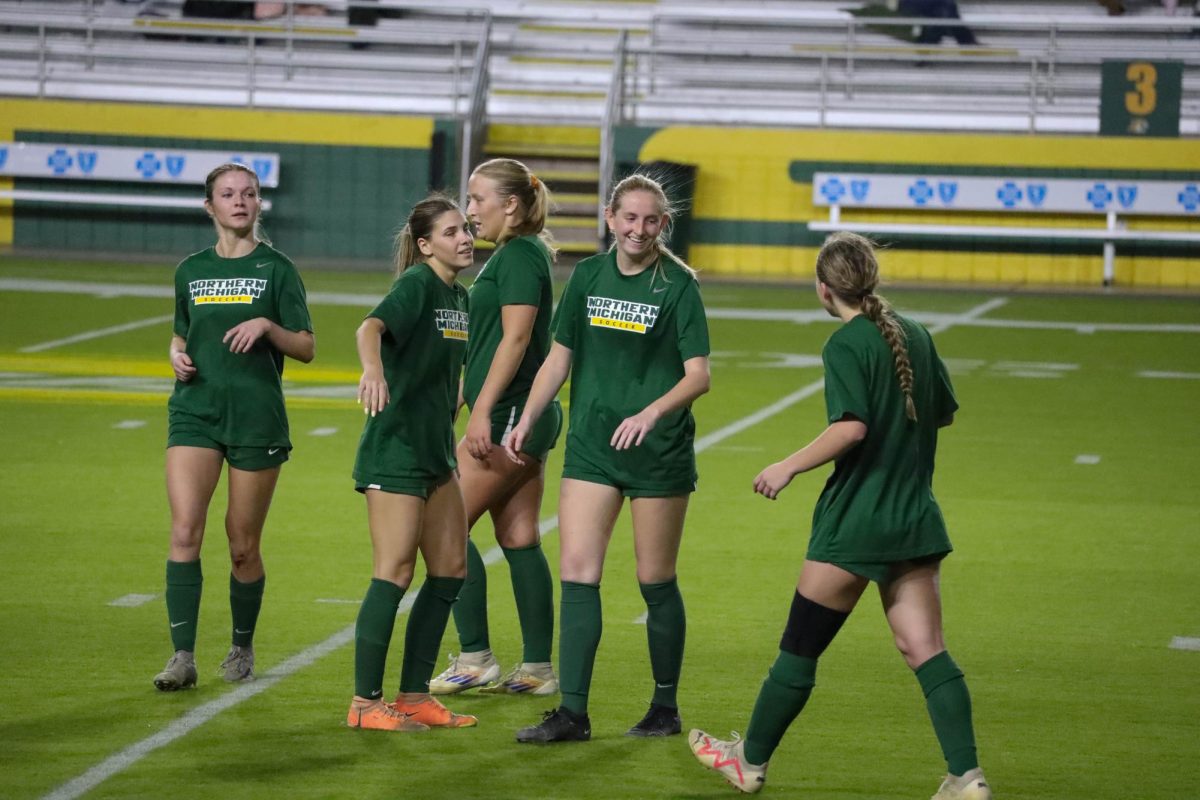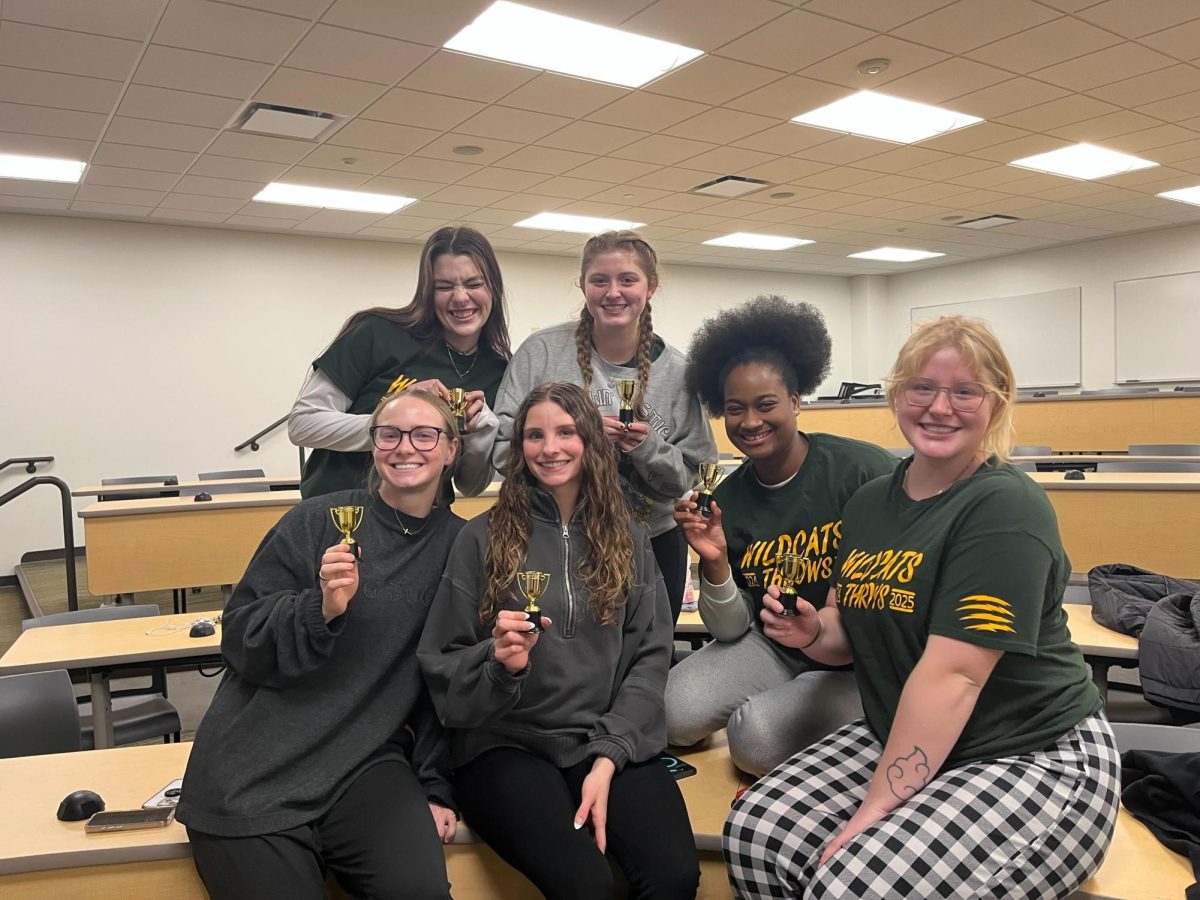On Monday May 3, members of Michigan’s House of Representatives met in the Great Lakes rooms of the University Center to discus higher education funding.
Representatives from the House Appropriations Subcommittee on Higher Education heard testimony from the Presidents of Michigan Technological University, Lake Superior State University, Western Michigan University and NMU.
NMU President Les Wong was the first to give his presentation.
“We are facing incredible challenges and each of us has a perspective and an investment in the answer,” Wong said.
Wong went on to describe the ways in which NMU has coped with budget cuts, and how the University is implementing plans to cut costs further.
“We are consistently among the most efficient campuses on a host of performance measures. We have retrofitted buildings rather than build new. We have incorporated state-of-the-art energy strategies to maximize energy savings… Students and employees are altering their behavior to be more green,” he said.
Nearly 83% of NMU students receive some sort of financial aid, and because of cuts in state funding students are being challenged to come up with more tuition money out of pocket, Wong said.
“We remain accessible and affordable to our students. We remain the second-most affordable tuition of the public 15 and despite our location, we are the largest campus in the U.P.,” Wong said.
Keeping college affordable and accessible is important for improvement in Michigan’s economy, said Representative Joan Bauer, the chairwoman of the higher education subcommittee.
“Continued cuts will only hurt the quality of higher education. All 15 public universities are doing good work, and we will guarantee, based on need, that students will receive help,” Bauer said.
One of the solutions Bauer has suggested would be a raise in sales tax, pending a vote from the public. The state is facing a significant budget deficit, and there aren’t many other options to increase revenue, she said.
“I’m doing all I can not to reduce funding (for universities). Students and families need to let their voices be heard by the people who vote on these budgets,” Bauer said.
Representative Steve Lindberg was also invited to the subcommittee meeting because of his ties to NMU, and his representation of the Upper Peninsula’s 109th district in the state house of representatives. The house appropriations subcommittee on higher education has been holding their meetings at universities around the state to give committee members a chance to see what different universities are doing in regards to budget cuts.
High school graduates can no longer get a job that can sustain a family without attending some form of college, Lindberg said.
“Each university has a separate mission. If we’re going to compete, we have to have an educated workforce in Michigan, Lindberg said.
Things like NMU’s TLC laptop initiative, the Superior Edge program, and the Student Leader Fellowship program set NMU apart from other schools in Michigan, he said.
“NMU does a lot of things right. It provides a good environment for young people,” Lindberg said.





